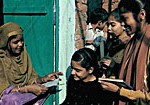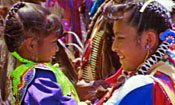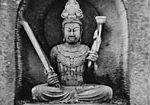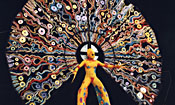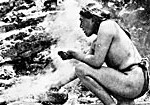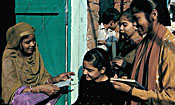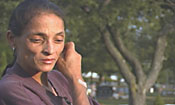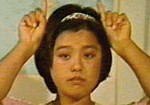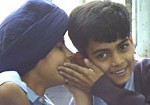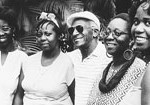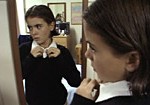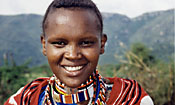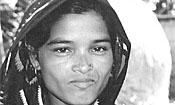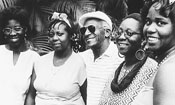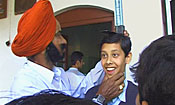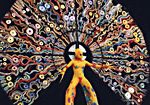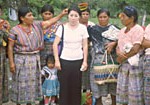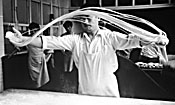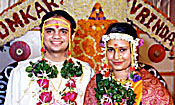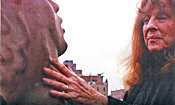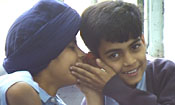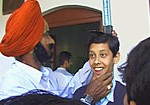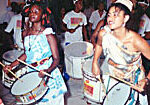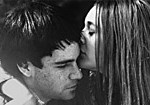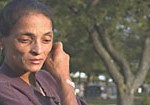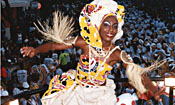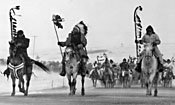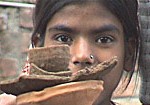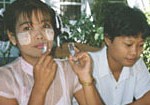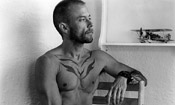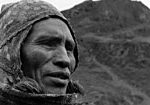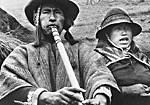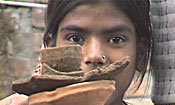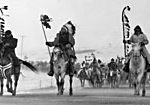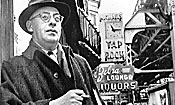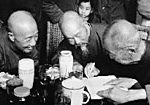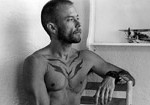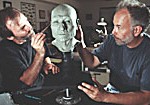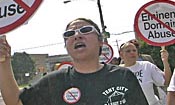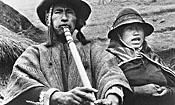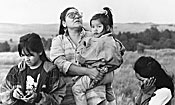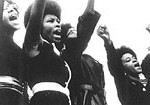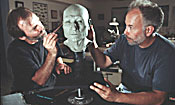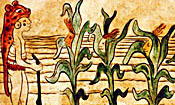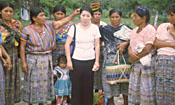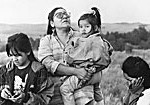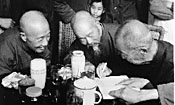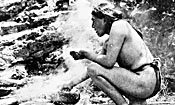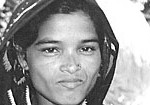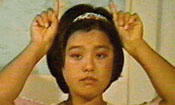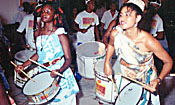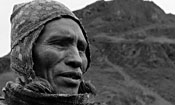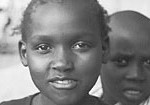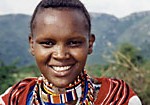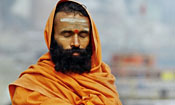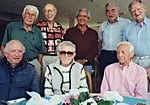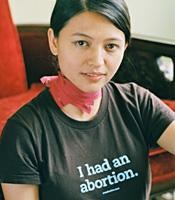Beyond the Politics of Life and Choice: A New Conversation About Abortion
Product Description
Probably no issue in contemporary America is more divisive and emotionally charged than the debate over abortion rights. And classroom discussions of this polarizing topic can be very difficult, since the moral stakes and the positions of those on both sides of the issue are frequently deeply entrenched. Often most of a class will hold one view and those with the minority position will find it hard to speak out.
Put simply, Beyond the Politics of Life and Choice is the best classroom tool available for moving the debate over abortion away from politicized battle lines and into a compassionate and sensitive space, where people with opposing views can better understand the deep concerns of one another.
As Prof. Katherine McLaughlin of Keene State College writes, “What is so helpful about this exceptionally thought-provoking film is that it articulately presents both sides of the abortion debate, giving weight to the arguments of both the majority and the minority in my class, while modeling respectful dialogue and disagreement between those on both sides of the issue. In my class on Women´s Sexual Rights, the film enabled active participation in the discussion from those with very different points of view, and resulted in some students seeing glimmers of truth in the arguments of those opposing their positions and most students getting a deeper grasp of the complexities of the issue.”
The film weaves together thoughtful and eloquent commentary by activists, legal experts, theologians, seminarians, college students, service providers, and women for whom the decision to terminate or not to terminate a pregnancy has been a formative event in their lives. All bring admirable nuance and insight to a subject often avoided and fraught with prejudice, stereotypes, tension, and fear.
Scenes filmed at protest demonstrations, prenatal care centers, abortion clinics, college campuses, and in Third-World countries provide additional context to the commentary.
The film explores a wide array of overlapping issues and questions at the heart of the abortion debate:
* When does new life begin and when does a fetus become a person? Does the potential for personhood make a fetus a person immediately? What does openness to creation really mean in practice?
* Should reverence for life include reverence for the complexity of life? Is “innocent life” not threatened by poverty, domestic abuse, social violence, and war as well as by abortion? Do our theories of right and wrong address reality?
* Is sex for procreation only? What about intimacy and commitment? What about sex education?
* Will criminalizing abortion make it go away? Does abortion liberate women, or does it burden them with grief and shame? What are the rights and responsibilities of men with regard to unintended pregnancies?
The film concludes with a poignant conversation between Angie and Barbara, two longtime friends whose simultaneous pregnancies highlighted their opposing views on abortion.
The DVD also contains Special Features that delve deeper into related issues that could not be covered adequately in the film itself, including such topics as adoption, religion and abortion, reproductive justice and women of color, the possibility of finding common ground, and a conversation with Dan and Sidney Callahan, a loving married couple whose opposing views on abortion demonstrate the disparity and complexity of opinion on this subject. Such conversations remind us of our capacity to love and respect those who disagree with us.
Beyond the Politics of Life and Choice will inspire compassionate listening and open-hearted discussion in a variety of courses in women’s and gender studies, psychology, sociology, ethics, political science, public health, social justice, communication, conflict resolution, and contemporary social problems. The film was produced by John Ankele and Anne Macksoud for Old Dog Documentaries.

